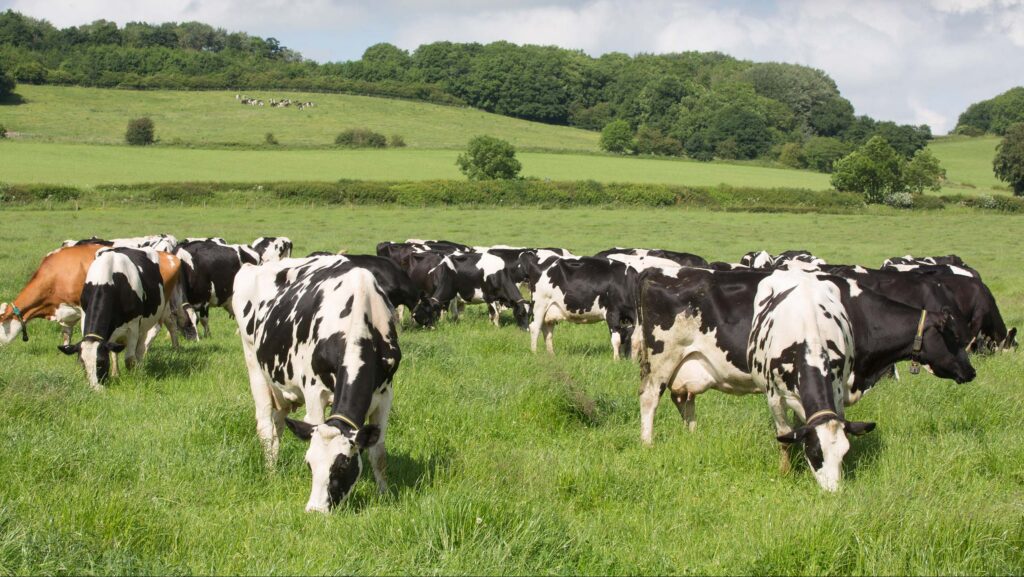Concerns raised on rowing back of new milk contract rules
 © Tim Scrivener
© Tim Scrivener The NFU has expressed shock at amendments proposed by Defra to the recently enacted Fair Dealings Obligations (Milk) Regulations (FDOM24), which aim to create fairer contracts for dairy farmers.
The FDOM24 regulations were developed after extensive consultation with the dairy industry and were intended to enhance transparency and fairness in milk pricing and contracts.
The regulations came into force on 9 July 2024 and also introduced significant changes to how milk pricing works in exclusive contracts.
See also: Fairer regulations imposed on all new milk contracts
In a letter sent on 4 October to Dairy UK, farming unions and milk processors, and seen by Farmers Weekly, Defra farming minister Daniel Zeichner says his officials have informed him of some concerns in the sector about “potential unintended consequences stemming from the ‘tiered pricing’ provision in the regulations”.
Under the regulations, a milk purchase contract can impose different prices over a specified volume, such as a two-tiered or seasonality payments mechanism, only if the producer is free to enter into agreements with other milk purchasers.
This shift aims to enhance fairness and transparency in the dairy market by preventing milk buyers from exploiting their control over both exclusive contracts and discretionary pricing without allowing producers the flexibility to sell their milk elsewhere.
Speaking at an NFU Council meeting in Stoneleigh on Tuesday 9 October, NFU Dairy Board chairman Paul Tompkins raised concerns that Defra could seek to amend this key provision and undermine dairy farmers’ newly acquired rights to access alternative markets for their milk, particularly during periods of seasonal price adjustments.
Mr Tompkins argued that dairy farmers should have the option to sell some of their milk elsewhere, especially when faced with discounted pricing from their primary processor.
He called for urgent clarification from Defra regarding these proposed changes, noting that the NFU and other farming unions can only consider the merits or pitfalls of this late change once the legal text has been published.
‘Dangerous precedent’
Mr Tompkins told Farmers Weekly that diluting these regulations could set a “dangerous precedent”, potentially allowing processors to exploit their power over farmers by retaining exclusive rights over all of a farm’s milk and the price they pay for it.
He said: “I’m astonished to find that three months into a new piece of legislation we are already looking at changing it. The NFU is seeking urgent reasoning for this and clarity on the proposed changes so that dairy farmers know where they stand.
“In the letter Defra has sent, it says the industry has asked Defra to make a change. To be clear, the unions have not requested this change. While the intention to change this part of the legislation might be laudable, we must be careful that we don’t create a loophole for unfair practice.”
The NFU is hosting a series of regional roadshows on dairy contracts from 8 October to 9 November 2024 to help farmers understand how the new legislation affects their dairy businesses. For details and to register, visit NFU Online.
